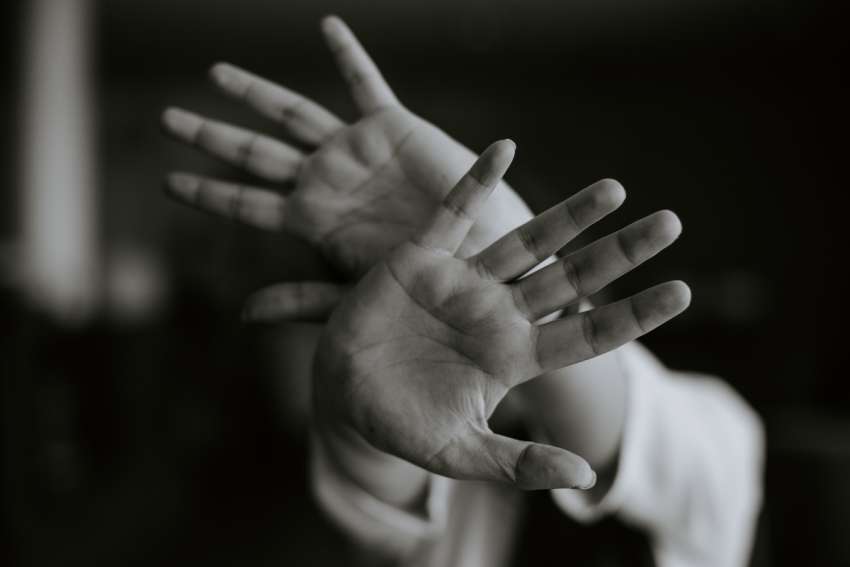Suzette’s is an example of something that can happen in our faith lives, too, often without our seeing or intending it. For example Liam, like Suzette, was anxious and fearful in day-to-day life because of previous harrowing experiences. A person of deep faith with a heart yearning to pray, Liam protected himself from anxiety with certain prayer practices. Those took over until, eventually, he had to do them at certain times, couldn’t go to church unless he had and was terrified of doing them the wrong way.
The general increase in anxiety we are experiencing shows up in non-religious and religious guises, burdening ordinary people in painful ways. Such burdens can be hard to detect because things that are good in themselves — walking to school, prayer practices — become rigid tyrants masking the underlying anxiety.
Not surprisingly, the most anxious time can be the pre-Christmas crush. At Christmastime, the secular and religious (and anti-religious) worlds meet. As “the holidays” approach, the deep longing inside us all tends to emerge. Christmas unites us in feeling a shared, poignant longing for something good, true and beautiful. With this longing can come anxieties and fears from past experiences.
So that longing might come out sideways, in anxious attempts to make sure it all happens in ways we can control. As with Suzette and Liam, our strategies for keeping the pain at bay can take over. We prefer to “handle things” ourselves, and get God to do what we want Him to do or be what we want Him to be. In our anxiety, we might not realize we’ve moved into controlling God or conjuring Him up. The distinction can be subtle and difficult to discern, hiding oceans of fear, despair and anguish.
We have no choice but to face, at some point, this deep longing we all share. That’s because God gives us no choice in the matter. That in-built longing, which He planted in us, pulls us towards what we need the most even though it scares us the most. Into the midst of our confused fear streams the antidote, unearned and unearnable: God’s desire to be with us.
God’s arrival in our midst is frightening and disturbing at first, but flowing with mercy. When we forget how to look up to Him, as St. Athanasius observed, He comes down to the lowest place so that we can’t miss Him. Our anxious rituals can’t conjure Him up, but neither can they keep Him out.
Christmas shows us that the door to our souls’ deepest desire is open and waiting for us. Still it’s difficult for us to approach the open door.
What awakens us to the longing underneath our restless anxiousness?
The “good news of great joy” which the angels sang to the shepherds (Luke 2:10) awakened their deep longing and inspired them to take a risk on the Gospel. Controlling behaviours may keep despair at bay for a time — at great cost to ourselves and those around us — but they cannot produce joy. Letting joy be born in us is neither “‘safe” nor “certain,” but it is life-giving, as the shepherds witness. Joy is a sign that our longing is alive and well.
The secret of Christmas is that our shared longing is already answered. Indeed, our longing is itself an answer to a gift. Joy is born among us in the person of Christ, and our task is not to make it so but to share in the joy.
We can take a risk on the “good news of great joy,” as the shepherds did. It doesn’t mean we’ll never be anxious again, but it does allow us to approach the door to our souls’ deep longing, even if the door looks as strange as “a baby, wrapped in swaddling clothes, and lying in a manger.” That’s the kind of sign God gives. Smelling like sheep, the shepherds lead us to where Christ is, not where He “should be.” Joy invites them, joy meets them and joy follows them.
How does God invite us now, in this age of anxiety, to joy?
God gifts everything of Himself and asks everything of us in return. We become the gift to God, and the gift God gives to others. That is the door to our deepest longing. That is the “good news of great joy, which is for all people.”
(Marrocco can be reached at mary.marrocco@outlook.com.)


